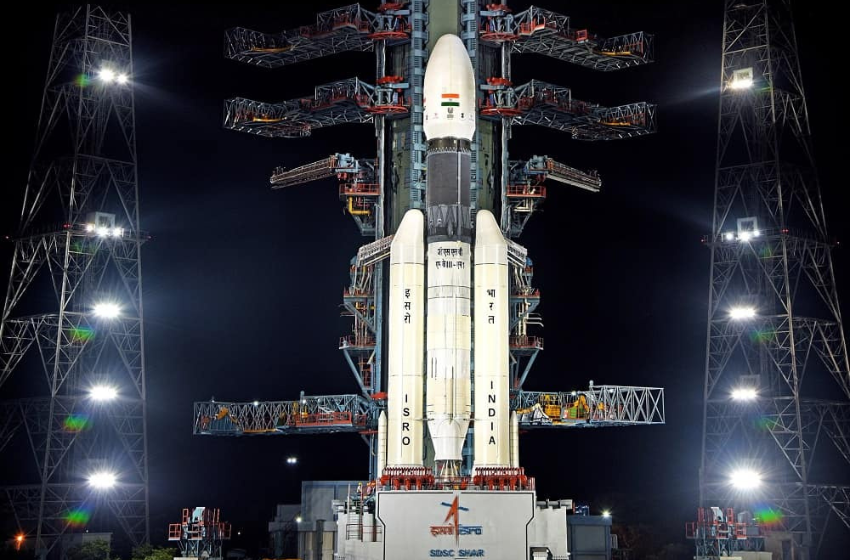Beyond Technology: How India’s Moon Mission Epitomises a Cultural Triumph

Space missions, traditionally the realm of Cold War politics and technological bravado, have a new contender that adds a different flavour to the discourse—India. While the Indian Space Research Organisation’s (ISRO) exploits, including their ambitious moon mission, have drawn attention for their scientific prowess and low-cost effectiveness, what is often understated is the mission’s cultural significance.
A Resounding Answer to Colonial Hangovers
For a nation that was under colonial rule for almost two centuries, the successful execution of high-impact projects like the moon mission serves as a resounding affirmation of India’s capabilities. These accomplishments decimate any lingering notions of inferiority or dependency and project a confident, self-reliant India to the world.
Democratising Space
India’s space mission isn’t just a technological marvel; it’s a democratic one. Developed on a shoestring budget without compromising on innovation, it shows that space exploration is no longer the preserve of wealthy nations. This is particularly significant in a country where millions still grapple with poverty and basic amenities. It broadcasts a message of hope and possibility: if we can reach for the moon, we can achieve other daunting objectives too.
A Fount of National Pride
The cultural impact of India’s moon mission manifests most palpably in the swell of national pride it engenders. India is a country of diverse languages, religions, and ethnicities. Points of universal pride are few and far between, but the moon mission is one such unifying event. It is an accomplishment that every Indian, irrespective of their background, can take pride in.
Elevating STEM and Education
India has a rich history of mathematics and science, but the transition into a technological superpower has been fraught with challenges, including brain drain and underfunded research. The moon mission revitalises the importance of STEM (Science, Technology, Engineering, and Mathematics) in Indian education. It serves as inspiration for future scientists and engineers who now have homegrown heroes to look up to.
Cultural Integration into the Global Narrative
The moon mission places India in a different light on the global stage. Historically known for its rich culture, spirituality, and philosophy, India can now also be acknowledged for its scientific acumen. This diversifies and enriches India’s cultural narrative, contributing to a more nuanced global identity.
Philosophical Underpinnings
The Vedas, ancient Indian scriptures, are filled with cosmological musings and astronomical calculations. In a way, India’s current space endeavours are an extension of its ancient quest for cosmic understanding. This melding of the ancient and the modern provides a uniquely Indian context to the pursuit of space, interweaving spirituality and science.
India’s moon mission is more than just a technological feat; it’s a cultural milestone that marks a profound shift in how the nation sees itself and how it is perceived globally. It reflects the duality of India as a country that values its traditions while aggressively pursuing its future—a future that, quite literally, is not bound by this Earth.


